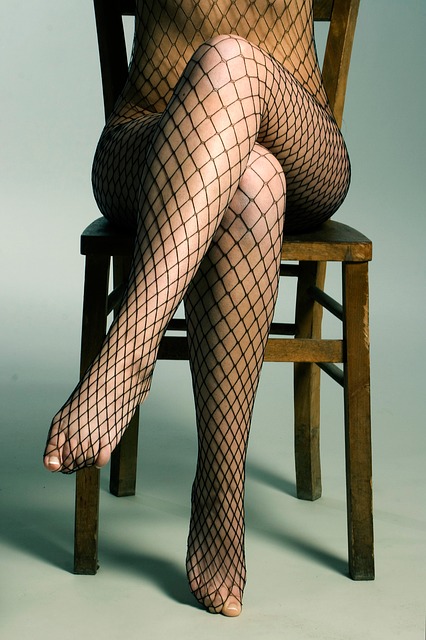I once consulted the I Ching for a reading with a friend of mine.
We both “asked” the online app the same question: Is having casual sex good for me?
Interestingly, we got completely different answers back.
His answer: “No way, Jose!”
Mine: “Oh, yeah! Get it, get it!”
Our individual answers kind of made sense. His journey was moving into a more soulful place; mine was more, shall we say, physical.
You’ve probably heard something similar when it comes to teachings from Zen masters. A disciple will ask the master if it’s okay to meditate less or eat more ice cream, for example, and the master will respond, “yes.” However, another disciple will ask the very same question, to which the master replies, “no way.”
So, what gives?
Well, as you have probably figured out by now, the idea that one answer fits all—for relationships, or for almost any aspect of your life—is just asinine.
And, yet, that’s precisely what so much of the online publishing industry is about: advice!
Do this. Don’t do that. Wait this many dates before sleeping with him. Split the bill. Don’t split the bill. Rebounds are great—they’ll help you get over her. Rebounds are horrible—you should “feel the sadness” instead.
The problem with all of this advice is that it’s missing the most essential ingredient of decision-making: you.
For example, when we’re having a rough day, a good friend doesn’t tell us what to do. They remind us of who we really are, and we make our decisions from that place of connectedness.
Back in my late 20s, I went to Israel searching for “truth.”
Needless to say, I didn’t find it. I believed that the rabbis there had access to this truth because they knew the holy books backward and forward. In the process, I’d stopped listening to my inner voice. I gave my power over to these guys with long beards—I thought they’d know better what “God” wanted from me than I did.
Long story short, after more than two years, I came back to the United States totally confused.
I had lost myself, and I became seriously depressed. I no longer knew which way was up and which way was down. And I stopped trusting myself.
But then, one of my neighbors, Faith, did something that would change the course of my life.
She introduced me to Conversations with God, a book by Neale D. Walsch. In it, Walsch says that if scripture contradicts what you know deep inside of yourself to be true, always go with your inner knowing over scripture. For a religious person, that was—and still is—a revolutionary (not to mention, heretical) idea!
I think we can extend this idea beyond religion. There are rarely, if ever, any canned answers that apply to every life decision. It doesn’t matter what everyone else is doing. If you feel strongly about something, go for it!
But this will take a regular practice of mindfulness to minimize all the external noise, which acts like a radio jammer, preventing us from getting a clear signal. It can be a monumental effort considering all of the distractions in our modern world of gadgets and gizmos.
My soul-ution was to get into meditation.
I did two week-long silent meditation retreats that changed my life. They helped me quiet my mind and witness all the garbage it was constantly creating. If you’re interested, there are vipassanas all around the country, if not the globe, where you can do a 10-day retreat—and they’re all donation based!
That’s just one “way.” You could go outside each day, and stand barefoot for 10 minutes, connecting to the healing, grounding earth energy. You could have a regular yoga practice. Go hiking along a river. There are many ways to quiet the noise and connect.
So, if you need it, here’s the only advice worth giving (or receiving):
Screw the external noise telling you what to do or how to be. Listen deeply to yourself. And trust that there is an inner wisdom awaiting you, eager to guide you, if you have the courage to go within.
~
Author: Alex Obed
Image: Pixabay
Editor: Catherine Monkman
Copy Editor: Danielle Beutell
Social Editor: Taia Butler

 Share on bsky
Share on bsky







Read 0 comments and reply